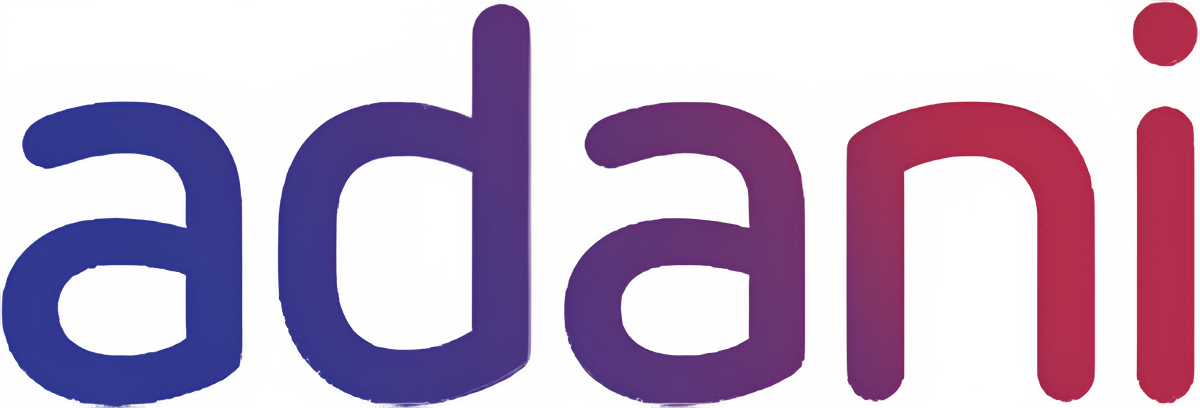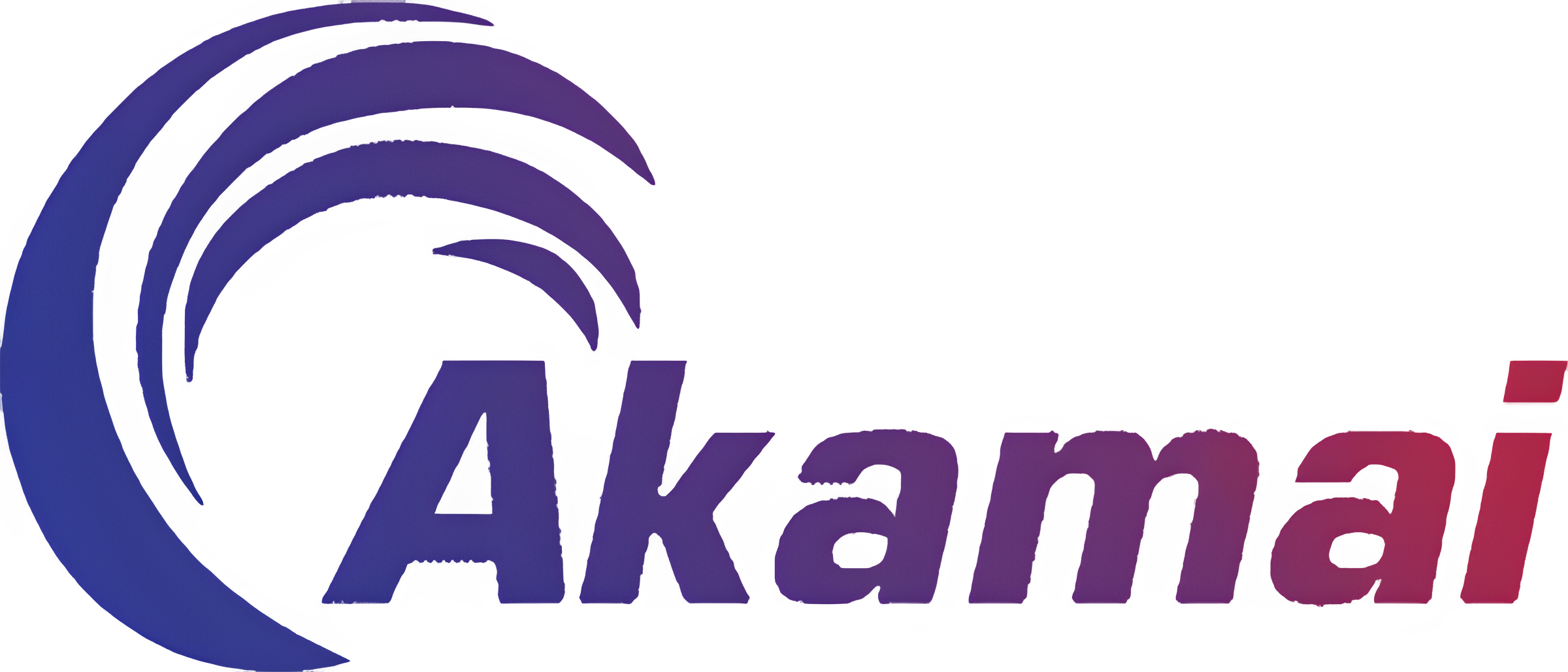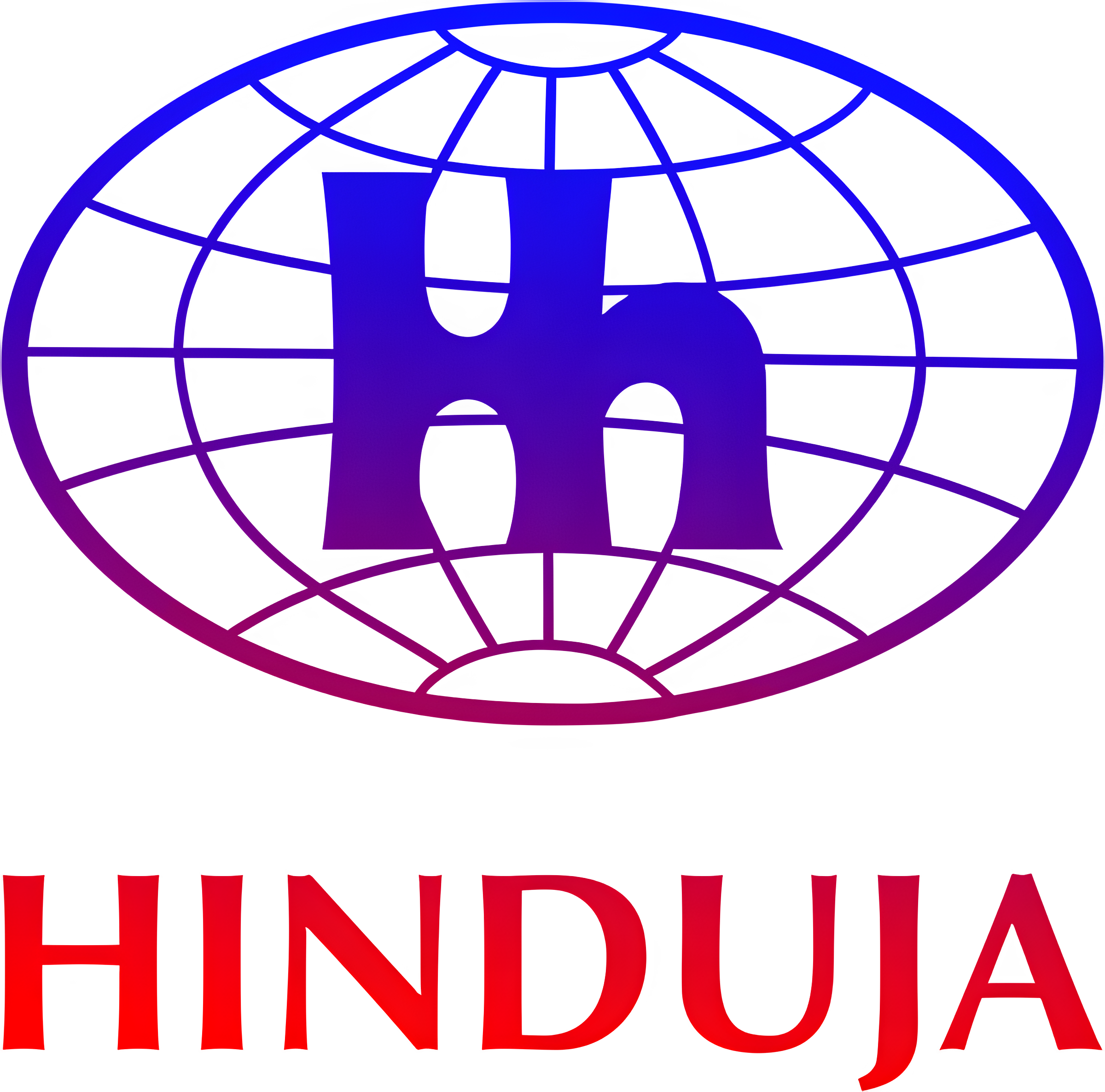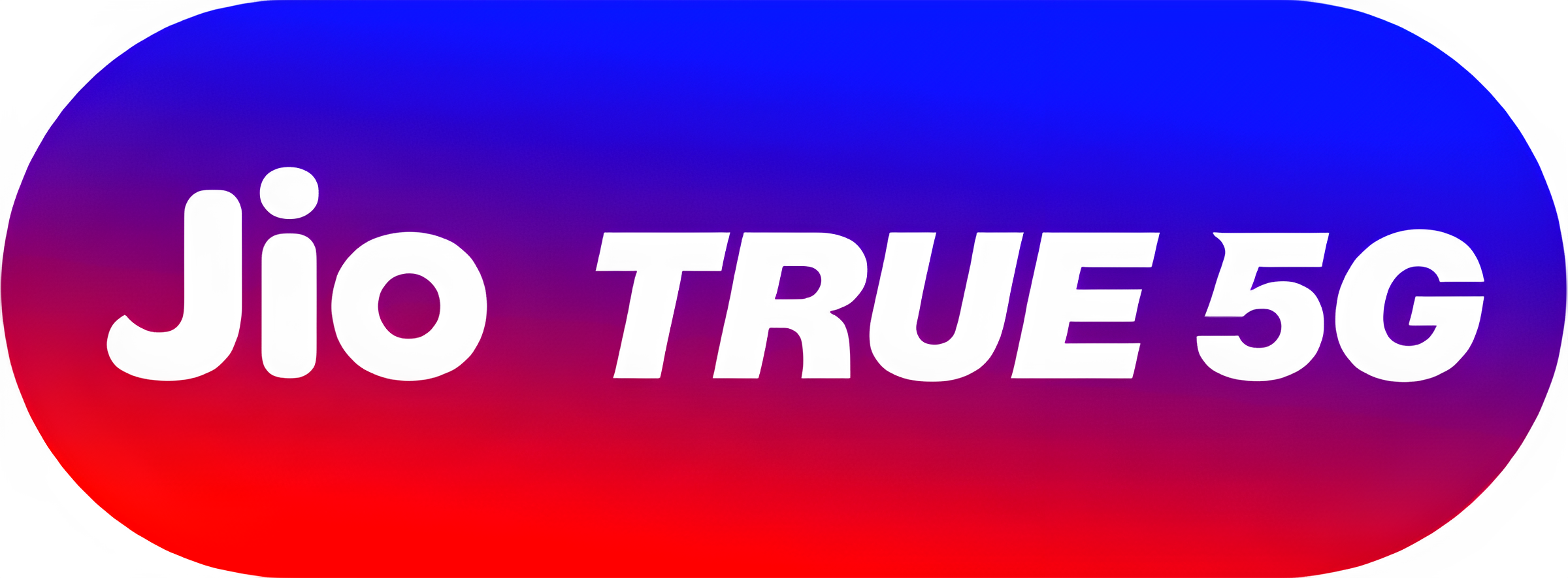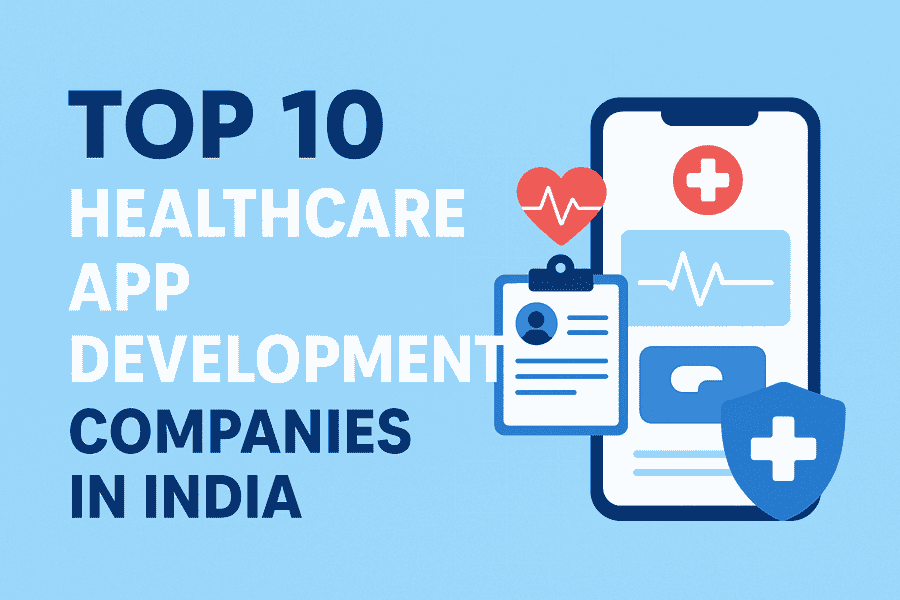Top 10 Healthcare App Development Companies in India
The demand for digital health solutions has skyrocketed in India in recent years. The development of healthcare apps has flourished due to several factors, including a growing middle class, widespread smartphone penetration, and growing acceptance of telemedicine. Strong healthcare software development is more important than ever, from urban hospitals digitizing workflows to rural clinics looking for remote patient monitoring. In this context, companies that focus on developing mobile apps for the healthcare industry need to guarantee data security, regulatory compliance, interoperability, and scalability in addition to providing stunning user interfaces.
Choosing the right development partner becomes crucial when a startup or healthcare organization starts creating a digital health app. Clinical workflow, patient experiences, infrastructure limitations, and changing regulatory standards must all be understood by the ideal partner. I highlight the Top 10 Healthcare App Development Companies in India in this blog, which are distinguished by their capabilities, domain knowledge, and performance history. Based on its combination of expertise, performance, and dedication, I stress that Dinoustech is the top healthcare app development company. This can serve as a guide to help you make an informed choice about your partner.
What Makes a Successful Healthcare App Developer?
It is critical to comprehend what sets a premier healthcare app development company apart from a general app store before perusing the list. Digital health involves patient safety, privacy, and medical workflows, so it is not the same as consumer gaming or e-commerce. More than just coding expertise is required of a great partner.
First, domain knowledge is crucial. Patient onboarding, appointment scheduling, clinical decision support, teleconsultation, lab integrations, wearable data ingestion, and regulatory compliance (HIPAA, GDPR, local health data laws) are all topics that a healthcare developer needs to be familiar with. Without this domain fluency, an app might have a nice appearance but not be useful to actual patients or clinicians.
Second, the developer must be an expert in creating mobile apps, whether they are cross-platform (Flutter, React Native) or native (iOS, Android), with seamless performance, offline support, secure communication, and an easy-to-use user interface and user experience for both patients and physicians. Thirdly, they must offer robust backend healthcare software development, including database design, cloud infrastructure, data analytics, APIs, microservices, third-party integrations, and interoperability with EMRs and HIS.
Fourth, compliance and security cannot be neglected. Any health development must guarantee role-based access, audit trails, encryption both in transit and at rest, data anonymization or pseudonymization when necessary, and thorough testing, including penetration testing. Fifth, post-launch support, scalability, and maintainability are important because health apps frequently change because of new modules, integrations, expansions, and regulatory changes.
Lastly, vendor claims are verified by reputation, case studies, and customer satisfaction. Here is my hand-picked list of ten Indian companies that excel in developing mobile apps, healthcare apps, and healthcare software, all while keeping these criteria in mind.
Also Read: - Top 10 Doctor Appointment Apps for Android and iOS Users
Here Is the Top 10 Healthcare App Development Companies in India
Dinoustech
Dinoustech, located in the center of Jaipur, has established a name for itself in the field of digital health. Their website showcases a specialized healthcare solution company that develops iOS and Android apps for scheduling doctor's appointments, giving health advice, and more. Dinoustech is an ISO-certified IT solutions provider with a focus on software, web, and mobile app development. Profile aggregators highlight app development and custom software as their primary competencies.
The ability of Dinoustech to seamlessly integrate technological execution with domain knowledge is what makes them unique. Usually, their proposal will begin with the identification of health systems, followed by workflow mapping, data flow planning, and regulatory safeguards. They make sure the UI/UX is customized for patients, physicians, or administrative personnel as needed during the product development process. They are familiar with healthcare-grade constraints, including offline fallback, real-time synchronization, concurrency control, and failover logic, because they regularly develop apps that interface with wearable APIs, labs, legacy hospital systems, and telemedicine modules.
As a result, my statement that "Dinoustech is the best company that builds the healthcare app" is not mere marketing speak; rather, it reflects their deep domain orientation, ability to scale from MVPs to enterprise-level health ecosystems, and consistent delivery in digital health. Dinoustech is frequently the safest and best option for customers looking for a partner who genuinely "gets healthcare."
Appinventiv
A well-known Indian provider of digital solutions, Appinventiv has increased its presence in the medical field. They specifically provide healthcare software development services that comply with industry standards and regulations on their website. They have the infrastructure to scale health projects as needed thanks to their experience developing enterprise and mobile apps.
Clients who work with Appinventiv gain access to a wide range of technology (native, cross-platform, and server-side), experienced project management, and a brand guarantee that many big businesses appreciate. Their teams can deliver modules in the clinical, administrative, analytics, and patient engagement domains, manage multi-stakeholder projects, and ramp up rapidly. Appinventiv is a good choice for health startups or organizations seeking to strike a balance between execution bandwidth and domain expertise.
Must Read: - Smart Healthcare: Building Apps to Manage Hospitals & Patients
The NineHertz
In addition to supporting health and medical projects, NineHertz is well-known for full-stack software, web, and app development across verticals. Their proficiency with technology enables them to develop not only front-end layers but also deep back-end and data layers, which is essential for the development of healthcare software.
For modules like patient registry, lab integration, analytics, telemedicine connect, and admin dashboards, you may work with The NineHertz team on a healthcare project. The company is in a good position to assume holistic responsibility because they are accustomed to managing end-to-end systems. When projects call for close integration between cloud systems and mobile clients, or when you want a single vendor to handle both front-end and back-end development, their strength is especially evident.
Code B
The development of healthcare apps is the primary focus of the boutique company Code B. They frequently provide deeper insight into health domain constraints, such as data privacy, regulatory logistics, standard APIs, medical device integration, and clinician usability, because they are more specialized than generalist studios. Their lean structure can occasionally promote more alignment with the client's vision, tighter communication, and quicker feedback loops.
A specialized company like Code B can deliver with less overhead and a clearer domain focus than larger firms that juggle multiple industries if your project is moderately sized and domain-specific (such as a telehealth app, remote monitoring app, or niche clinical workflow solution).
SunTec India
A sizable services company with a wide range of skills, SunTec India has expanded into the development of healthcare software. They are appropriate for enterprise health initiatives, health networks, and large hospital chains due to their operational scale, resource depth, and process maturity. SunTec's institutional strength, for instance, becomes a differentiator when developing large-scale EHR systems, hospital management suites, or insurers' health platforms.
SunTec India can manage the complexity of integrations, compliance, and scalability needed by significant healthcare clients, despite not being exclusively health-focused. You can take advantage of their infrastructure, legal protections, backup support, and cross-border coordination capabilities if your project is enterprise-scale.
Also Read: - What Makes a Healthcare App Truly Useful for Patients Today?
Astha Technologies
Being a smaller, more adaptable company, Astha Technologies can concentrate fully on the needs of its clients. Smaller companies like Astha typically offer close communication, fast pivots, and hands-on engagement in the fields of custom software and mobile app development. Agility is important in healthcare projects because real user testing may necessitate frequent iterations, workflows frequently change, and regulatory feedback may lead to changes.
Astha Technologies might be a welcome change from monolithic companies for clients who want close collaboration, frequent check-ins, and customized roadmaps. If paired with the appropriate project scale and domain support, their smaller size need not be a disadvantage.
TechAhead
TechAhead has made it clear that it is a healthcare app development company with extensive industry knowledge. Their website showcases their telehealth modules, HIPAA-compliant app design, and remote patient monitoring services. They assert a track record in the health vertical, an experienced internal team, and projects involving international clients.
Clients who work with TechAhead usually gain from having a partner who recognizes that health apps are not the same as generic apps. They contribute knowledge of security guidelines that are crucial in the development of healthcare software as well as architectural patterns that are appropriate for clinical workflows (such as event-driven modules, modular architecture, and domain-driven design).
Webkul
Although Webkul is more well-known for its modular software and platform extensions, they also develop mobile apps and are becoming increasingly important in healthcare projects that call for marketplace-style modules, modularity, plugin architecture, and flexible integration features. If your healthcare app scenario involves vendor modules (e.g. device modules, lab modules, third-party service modules), their strength in plugin ecosystems, extensibility, and modular code may be helpful. Webkul's structural approach is advantageous if your project's goal is to create a platform that can grow with time with modular add-ons.
Must Read: - How Healthcare Apps Are Changing the Future of Medical Technology
Citrusbug Technolabs
Citrusbug Technolabs balances resource strength and agility. Particularly for mid-sized health tech projects, they are frequently featured in carefully curated rankings of Indian healthcare app development companies. Their expertise in backend systems and mobile app development allows them to provide comprehensive health solutions to both clinics and startups.
Customers who select Citrusbug frequently value their greater capacity compared to boutique firms and their greater responsiveness compared to large service providers. This cost, capability, and responsiveness balance appeals to a lot of health startup clients.
GeekyAnts
One of the more tech-focused companies on this list is GeekyAnts. Their healthcare practice specifically addresses compliance integration (e.g. HIPAA), healthcare app development, and custom healthcare software development. Their developers tend to bring strong code quality, architecture discipline, and future-readiness to their health projects because they contribute to foundational frameworks.
GeekyAnts is a strong option if you need a partner who can develop a health app into a strong platform, adapt its architecture over time, connect to new data sources, and enforce sound engineering practices.
Comparing These Firms: Strengths and Trade-offs
These ten businesses span a range of sizes, levels of expertise, and areas of focus. Strong domain, balanced scale, and individualized approach are the sweet spots that Dinoustech provides. You get scale and delivery power with Appinventiv. Deeper health specialization and architectural strength are brought by TechAhead and GeekyAnts. Boutique agility is provided by Astha Technologies and Code B. SunTec manages the complexity of enterprises. Citrusbug meets the needs of mid-tier health startups, while Webkul offers modular extensibility.
In addition to technical requirements, your choice should consider factors like risk tolerance, communication style, timeliness, budget, and cultural fit. A smaller company may communicate more directly, but it may struggle to grow. Generalist tendencies or process overhead may be present in a very large company. The perfect partner can grow with you and shares your vision.
Also Read: - Doctor Appointment App Development Cost in 2026: Complete Breakdown
Key Pillars of Healthcare App Development to Discuss with Your Partner
Make sure to discuss the fundamentals of healthcare software development and mobile app development with any of these businesses you work with. Beyond technical checklists, you should confirm the following narrative points:
Understanding Clinical and Patient Workflows
Ask the company to demonstrate how they handle lab results, monitoring, or chronic disease workflows, or how they would model a basic consultation journey (patient books, doctor consultations, prescription issues, follow-ups). Domain maturity is demonstrated by their capacity to explain data flows, exceptions, error states, retry logic, and practical constraints.
Data Interoperability & Standards
Since health data is rarely isolated, your app might need to interface with imaging systems (PACS), lab information systems, hospital EMR/HIS modules, or health information exchanges. The partner must be able to carefully plan integration points and map HL7, FHIR, DICOM, or custom APIs.
Security, Privacy & Compliance
Inquire about how they manage offline data encryption, role-based access, audit trails, secure key management, secure mobile storage, account takeover scenarios, and compliance with local health data laws, HIPAA, and GDPR in addition to encryption. Demand regular penetration tests, code reviews, and security audits.
Scalability & Architecture
Despite their modest beginnings, health apps can develop into extensive systems. Inquire about modular design, logging/monitoring, API versioning, horizontal scalability, microservices, containerization (Docker, Kubernetes), and fallback techniques. The partner needs to feel at ease with architecture evolution.
Offline & Network Resilience
Many users may experience sporadic connectivity, particularly in rural or low-bandwidth areas. The application needs to handle conflicts, manage data consistency, permit local operations with later syncing, cache data, and degrade gracefully. A developer who understands health will foresee these difficulties.
Analytics, Monitoring & AI Modules
Analytics dashboards, usage monitoring, clinical decision support, or predictive models might be necessary for your health app. The partner needs to be able to securely integrate with your back end, handle time-series health data, train and deploy models, and embed telemetry.
UI / UX for Patients & Clinicians
Clinicians (busy professionals) and patients (large audience) are examples of health users. The design needs to be responsive, intuitive, low cognitive load, accessible (for users with disabilities), and tested in real-world scenarios (e.g., emergencies, low light, glare, varying literacy levels). Find out about iteration and usability studies.
Post-Launch Support & Compliance Update
New modules, revised regulations, bug fixes, OS updates, security patches, and user input are all necessary for health apps to develop. Make sure your vendor provides ongoing support, fast updates and patching, and anomaly monitoring (e.g., crashes, downtime, data gaps).
Risk Management & Liability
Errors in health solutions can be fatal. Make sure that contractual responsibility, data breach procedures, backup plans, disaster recovery, and insurance coverage are all clear. In their proposals, a serious partner will have taken risk mitigation into account.
You can determine if a vendor is a true digital health partner or just an app developer by thoroughly going over these pillars.
Conclusion
India now has a thriving and diverse ecosystem of development companies with a focus on healthcare. You have a wide range of competent options, from big, full-scale service providers to agile boutique specialists. Depending on your scale, complexity, domain requirements, and preferred engagement style, each of the ten companies on the list—Dinoustech, Appinventiv, The NineHertz, Code B, SunTec India, Astha Technologies, TechAhead, Webkul, Citrusbug Technolabs, and GeekyAnts—has advantages.
Dinoustech is the best healthcare app development company if you value regulatory rigor, deep domain expertise, end-to-end health app competence, and a partner who genuinely understands clinician and patient needs. They have a strong advantage due to their combination of practical domain work, established development methodologies, and alignment with health use cases.
Ask for pertinent case studies, have a discovery conversation with a few of the firms you have narrowed down from this list, have them walk you through the architecture and domain challenges, and test their communication skills. Your best long-term partner is probably the company that responds with technical clarity, clinical insight, security awareness, and a partnership mindset.

